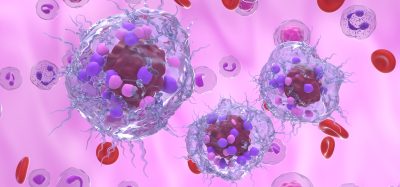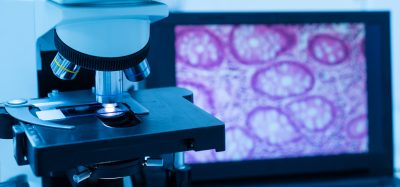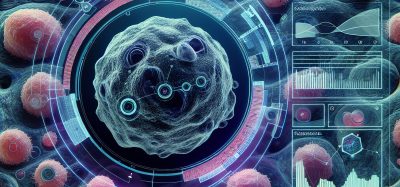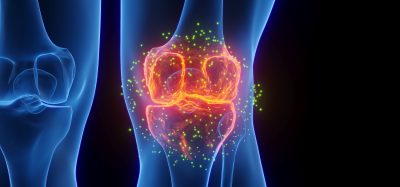Kidney stem cells isolated from urine could be the future of regenerative therapies
Posted: 5 February 2020 | Hannah Balfour (Drug Target Review) | No comments yet
Research into alternative stem cell sources has identified urine derived renal progenitor cells (UdRPCs) as a possible option for use in regenerative kidney therapies in the future.
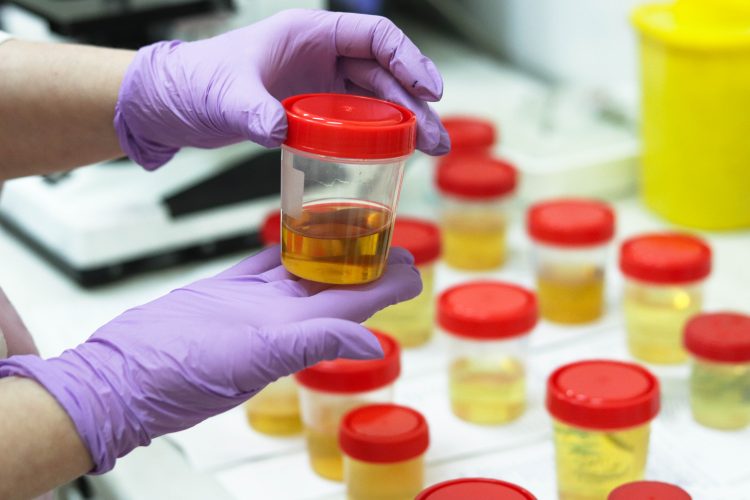

Scientists have demonstrated their protocol for the reproducible isolation of kidney stem cells from human urine. These urine derived renal progenitor cells (UdRPCs) could be used to provide easier access to stem cells for regenerative kidney therapies and modelling diseases for R&D.
A shortage of donor organs and the risks and pain associated with bone marrow stem cell extractions and third trimester amniotic fluid collection have encouraged researchers to find alternative sources of stem cells. According to scientists, several laboratories have indicated urine could be an alternative source, at least for kidney stem cells, so the researchers from Heinrich Heine University-Duesseldorf (HHU) Germany, set out to complete a comprehensive molecular and cellular analysis of these cells.
…UdRPCs should be considered as the choice of renal stem cells for facilitating the study of nephrogenesis, nephrotoxicity, disease modelling and drug development”
Their study, published in Scientific Reports, revealed that UdRPCs isolated from ten individuals express both markers typically seen in bone marrow-derived mesenchymal stem cells (MSCs) and renal stem cells. The renal stem cell markers, according to the paper, allow UdRPCs to be differentiated into cell types present in the kidney, eg, podocytes and the proximal and distal tubules. The study also showed that these progenitor cells have similar properties to amniotic fluid-derived stem cells (AFCs).
Wasco Wruck, bioinformatician and co-author of the study, said: “It is amazing that these valuable cells can be isolated from urine and comparing all the genes expressed in UdRPCs with that derived from kidney biopies we could confirm their renal and renal progenitor cell properties and origin.”
According to Martina Bohndorf, a study co-author, UdRPCs can also be easily and efficiently reprogrammed into induced pluripotent stem cells using a non-viral integration-free and safe method.
Dr James Adjaye, study senior author and professor at the Institute for Stem Cell Research and Regenerative Medicine (ISRM) in the medical faculty of HHU, revealed that one of the most promising options in the near future is the use of transplantable renal stem cells (UdRPCs) for treatment of kidney diseases as a complementary option to kidney organs. He concluded that human UdRPCs should be considered as the choice of renal stem cells for facilitating the study of nephrogenesis, nephrotoxicity, disease modelling and drug development.
Related topics
Disease Research, Drug Development, Drug Targets, Regenerative Medicine, Research & Development, Stem Cells, Therapeutics
Related conditions
Kidney disease
Related organisations
Heinrich Heine University-Duesseldorf (HHU)
Related people
Dr James Adjaye, Martina Bohndorf, Wasco Wruck




